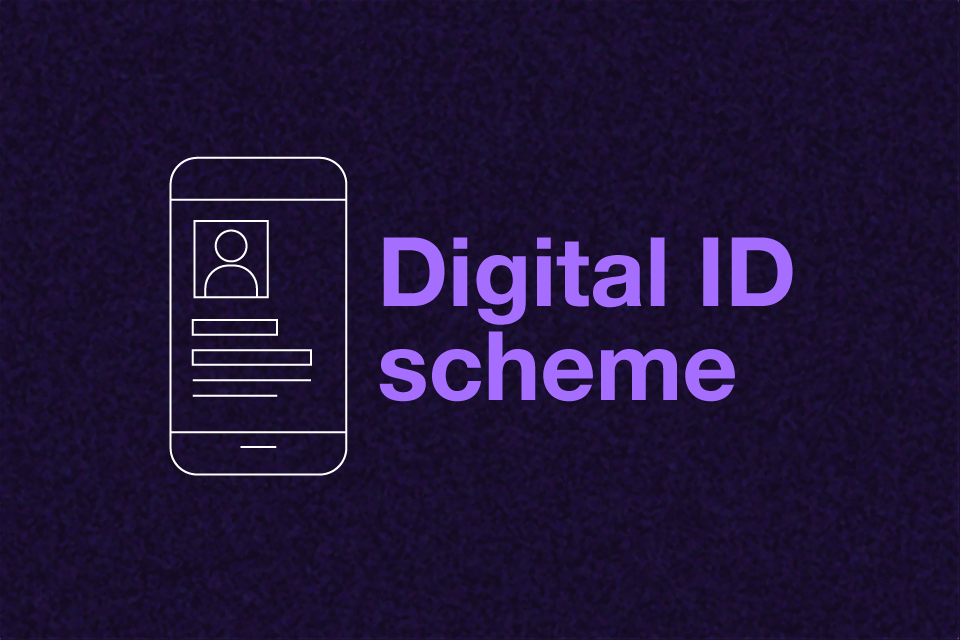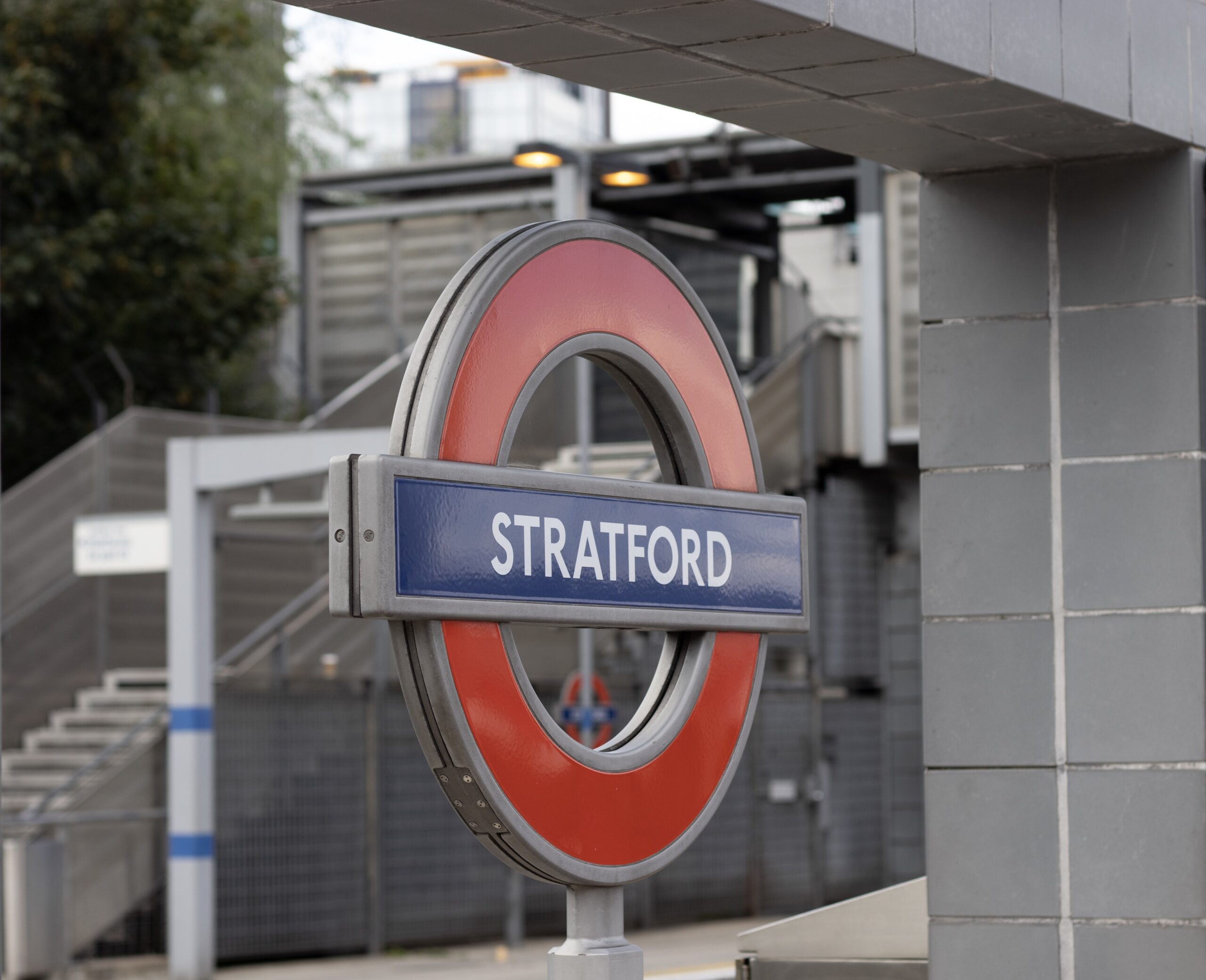SNP MP voices party’s opposition to identity plans, claiming that the idea of ‘prime minister Farage with the data of the nation at his fingertips scares me half to death’
A senior Scottish National Party figure has warned that digital identity could be misused by governments with “authoritarian tendencies” as he led a debate on the issue in the House of Commons.
The debate focused on the implementation of digital ID by the UK Labour government, with prime minister Keir Starmer announcing last month that use of the technology will be a mandatory part of employment checks within the next four years.
The SNP has thus far rejected the idea of ID cards, with first minister John Swinney calling the scheme an “attack on liberty” and promising to use devolved powers to block its implementation in Scotland.
Pete Wishart, the MP for Perth and Kinross-shire and SNP Westminster spokesperson for UK affairs, said: “It’s taken 20 years, but ID cards are back… this time in a shiny new digital format, turbocharged by all the new modern features and technology.”
He added: “Once this type of infrastructure exists, it very rarely stays confined to its original purpose. The government says that the police won’t be able to demand to see a person’s digital ID, but can anyone seriously believe that that won’t change over time? We’re not just empowering this Labour government – we’re empowering every government that will come after it. Can you just imagine the sight of prime minister Farage with the data of the nation at his fingertips, with all of his authoritarian tendencies – it scares me half to death and it should scare the whole of the house.”
Related content
- Digital ID rollout could deliver ‘wider benefits for people who are currently digitally excluded’, minister claims
- Parties across the spectrum united in opposing Starmer’s digital ID plan
- Digital ID booze-buying checks expected by the end of year
The policy was defended by former secretary of state for Scotland and current digital government minister Ian Murray, who accused the SNP member of making claims that were not “factually accurate”.
He said: “It’s really important and there’s a real task for us all to do as custodians of democracy to have this debate from the perspective of the facts that are out there and not to peddle myths. We have a real responsibility to have these debates with the facts and not what we read on social media.”
Murray also said that the card would be used to “modernise” government and “reconnect” citizens with government to bring the country into the “digital age”.
The digital government minister has recently pledged that, throughout the introduction of the new electronic ID scheme, the Westminster administration will engage with devolved assemblies in Scotland, Wales and Northern Ireland.
Murray also recently told PublicTechnology that the new virtual Veteran Card – government’s first major move into official digital documentation – has the potential serve as a “really good case study” of the benefits of the technology and could also help address people’s “legitimate concerns”.

A version of this story originally appeared on PublicTechnology sister publication Holyrood





